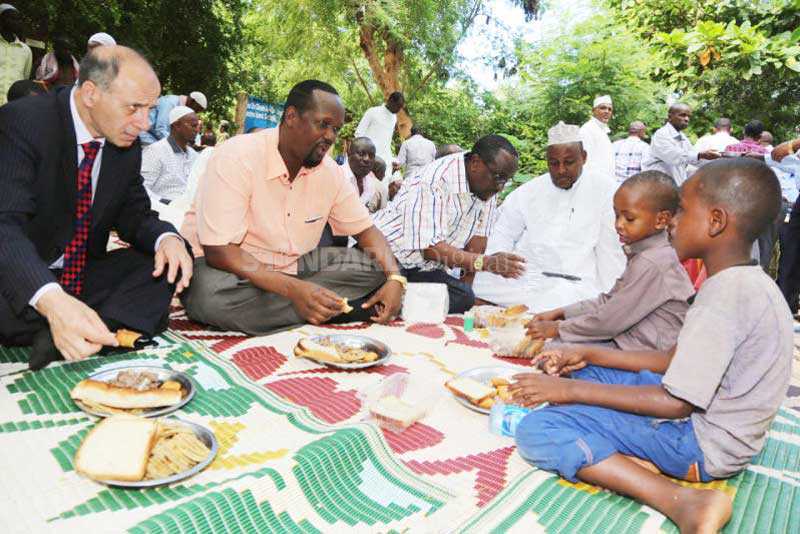×
The Standard e-Paper
Smart Minds Choose Us

Ten counties in the northern part of the country will benefit from a Sh120 billion World Bank-funded kitty for development projects.
The project, under the banner of North and North Eastern Development Initiative (NEDI), covers Mandera, Garissa, Isiolo, Lamu, Marsabit, Samburu, Tana River, Turkana, Wajir and West Pokot counties.